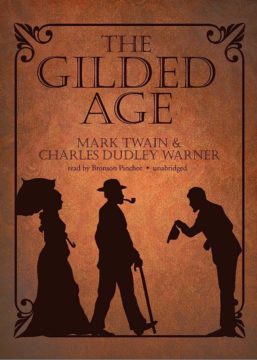Eugene McCarraher at The Hedgehog Review:
 [W]ith the victories of science, technology, and capitalism, we discovered that the cosmos of enchantment was unreal, or at best, utterly unverifiable; we cast most of the spirits into oblivion, and made room for their withered but venerable survivors in our chambers of private belief. Among the North Atlantic intelligentsia, at least, this story in some form is so widely hegemonic that even religious intellectuals accept it. For instance, in A Secular Age (2007), Charles Taylor—a practicing Catholic—affirms, albeit in his own peculiar way, the consensus of “disenchantment.” In the pre-modern epoch of enchantment, Taylor explains, the boundary that separated our world from the sacred was porous and indistinct; traffic between the two spheres was frequent, if not always desired or friendly. “Disenchantment” began with the church’s rationalization of doctrine and the growing awareness that Christianity was not the world’s only religion. Now, having left the enchanted universe behind, we disenchanted dwell within the moral and ontological parameters of an “immanent frame”: the world as apprehended through reason and science, bereft of immaterial and unquantifiable forces, structured by the immutable laws of nature and the contingent traditions of human societies.
[W]ith the victories of science, technology, and capitalism, we discovered that the cosmos of enchantment was unreal, or at best, utterly unverifiable; we cast most of the spirits into oblivion, and made room for their withered but venerable survivors in our chambers of private belief. Among the North Atlantic intelligentsia, at least, this story in some form is so widely hegemonic that even religious intellectuals accept it. For instance, in A Secular Age (2007), Charles Taylor—a practicing Catholic—affirms, albeit in his own peculiar way, the consensus of “disenchantment.” In the pre-modern epoch of enchantment, Taylor explains, the boundary that separated our world from the sacred was porous and indistinct; traffic between the two spheres was frequent, if not always desired or friendly. “Disenchantment” began with the church’s rationalization of doctrine and the growing awareness that Christianity was not the world’s only religion. Now, having left the enchanted universe behind, we disenchanted dwell within the moral and ontological parameters of an “immanent frame”: the world as apprehended through reason and science, bereft of immaterial and unquantifiable forces, structured by the immutable laws of nature and the contingent traditions of human societies.
more here.
